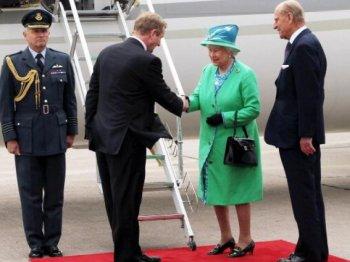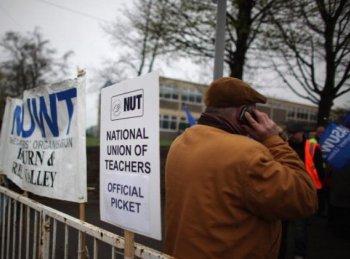It started with the letter P flashed on the screen for three seconds. But it wasn’t until an hour and a half later that the new era of British broadcasting began in earnest, ushered in almost unnoticed by a coffee maker.
This week, the ban on product placement on British television was lifted, although it is still subject to stringent regulations.
ITV’s daytime program This Morning featured a Nescafe coffee maker on Monday, the appearance of which reportedly set Nescafe back 100,000 pounds (about US$163,000).
In the United States, product placement makes up around 5 percent of advertising revenue, but the revenue is expected to be lower in the U.K., especially during the first couple of years.
Products currently excluded from advertising will not be allowed to be used as product placement.
The European Union lifted the ban on product placement a couple of years ago.
The regulator Ofcom said that product placement on TV will be allowed in films, including dramas and documentaries, television series including soaps, entertainment shows, and sports programs.
“But it will be prohibited in all children’s and news programs and in current affairs, consumer advice, and religious programs made for U.K. audiences,” Ofcom said in a statement.
Ofcom said that the product placement “must not impair broadcasters’ editorial independence and must always be editorially justified. This means that programs cannot be created or distorted so that they become vehicles for the purposes of featuring product placement.”
Any program containing product placement must display the product placement “P” logo for three seconds ahead of broadcasting.
The government says that in a survey, 6 out of 10 U.K. viewers said they would welcome product placement if it meant more free content or cheaper premium television.


